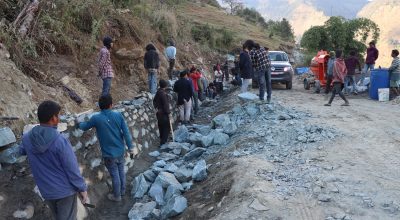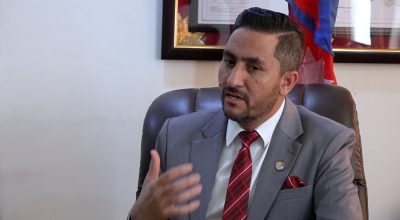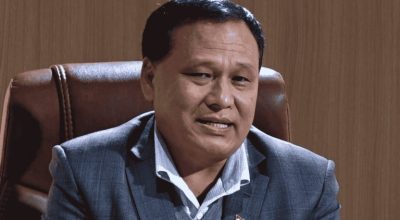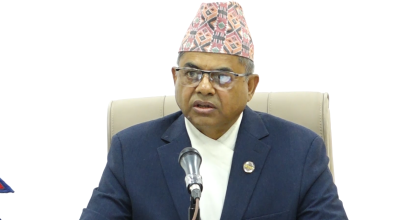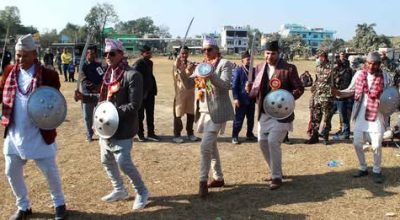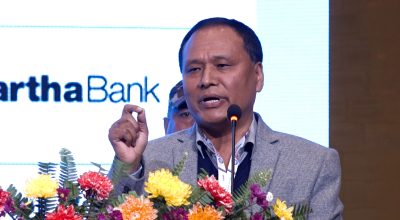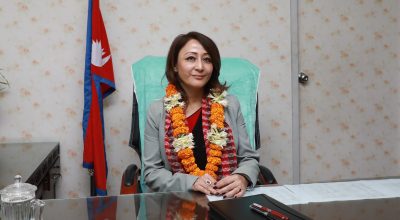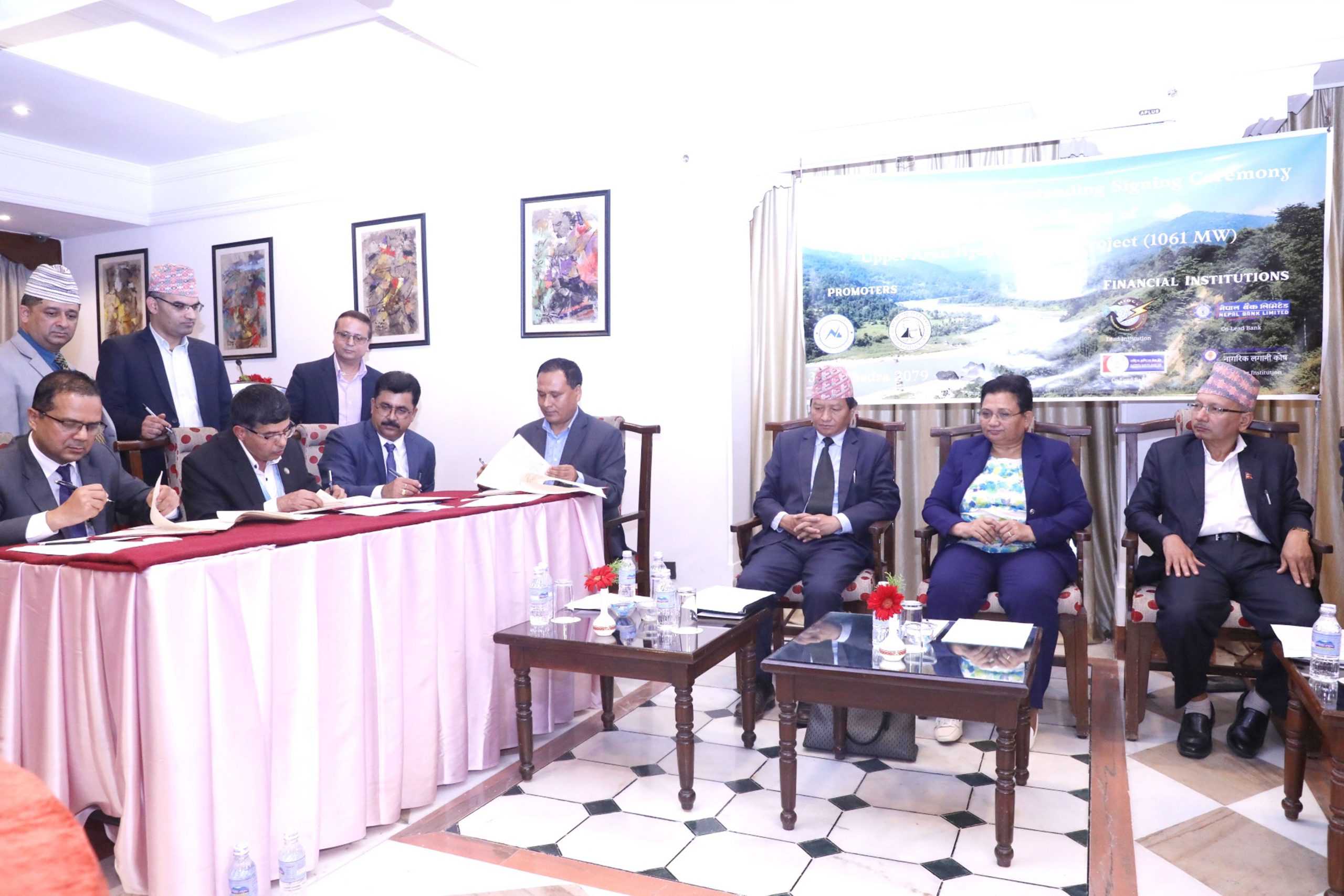
Kathmandu: Banks and financial institutions of Nepal have agreed to invest NRs 53.34 billion in the Upper Arun Hydropower Project.
The total cost of the project, which the government has put as a transformative project, is equal to NRs two Kharb 14 Arba. The agreement regarding internal debt investment was signed on Thursday evening.
The investment agreement was signed by the Executive Director of Nepal Electricity Authority, Kulman Ghising, and the Chief Executive Officer of HIDCL, Arjun Kumar Gautam, who led the co-financing, and representatives of Nepal Bank, Rastriya Banijya Bank, Citizen Investment Trust.
According to the agreement in the presence of Minister of Energy, Water Resources and Irrigation Pampha Bhusal and high officials of the Ministry, necessary decisions regarding loan investment will be made.
In this project with a total capacity of 1061 MW, 70 percent of the total cost will be loan investment and 30 percent will be equity capital. The total loan in the project will be equal to NRs. one Kharb 50 Arba in which foreign debt will be equal to Rs 97 billion. Preparations are being made to take foreign loans from World Bank, European Investment Bank, etc.
According to the current study of this semi-reservoir project in Bhotkhola rural municipality of Sankhuwasabha district, a 183 meter long and 100 meter high dam will be built on the Arun river. A total of 8.5 kilometers long tunnel will be costructed. The power plant will be constructed at Chograk.
The project will produce 4,512 gigawatt hours of electricity per year, i.e. 4.51 billion units of electricity. 30 percent of that energy will be produced during dry season. The generated electricity will be connected from the power plant to the substation to be built at Haitar in Sankhuwasabha through a double circuit transmission line of 400 KV capacity which is about six kilometers long.
The goal is to start construction at the end of 2024 and complete it by 2030. At present, the feasibility study of the project has been completed and the work of selecting a consultant for the bid design and construction supervision work is underway, informed the Executive Director of the Authority, Kulman Ghising.
The compensation of 225 hectares of land for the project has been determined and is in the process of distribution. Only 22 households will be physically displaced by the project. The environmental and social impact of the project is relatively low.
The construction of the project’s access road is targeted to start from 2023. A tunnel will also have to be built on the access road. An investment of NRs 9 billion will be required for that alone.
According to the study, it will take at least two years as the road has to pass through difficult hills and rock. The government has included the project in the people’s hydropower program. The Ministry of Finance is communicating with the World Bank for the financial management of the project. The World Bank has also supported the study of the project.
On this occasion, Energy Minister Bhusal said that the dream of Nepal and Nepalis has entered the stage of realization.







